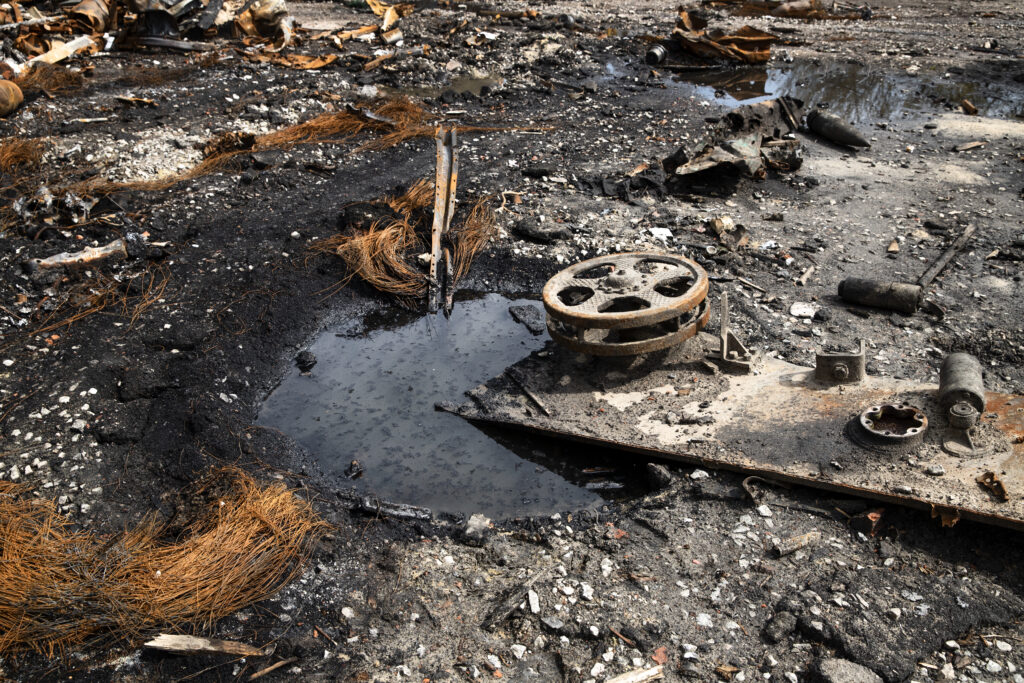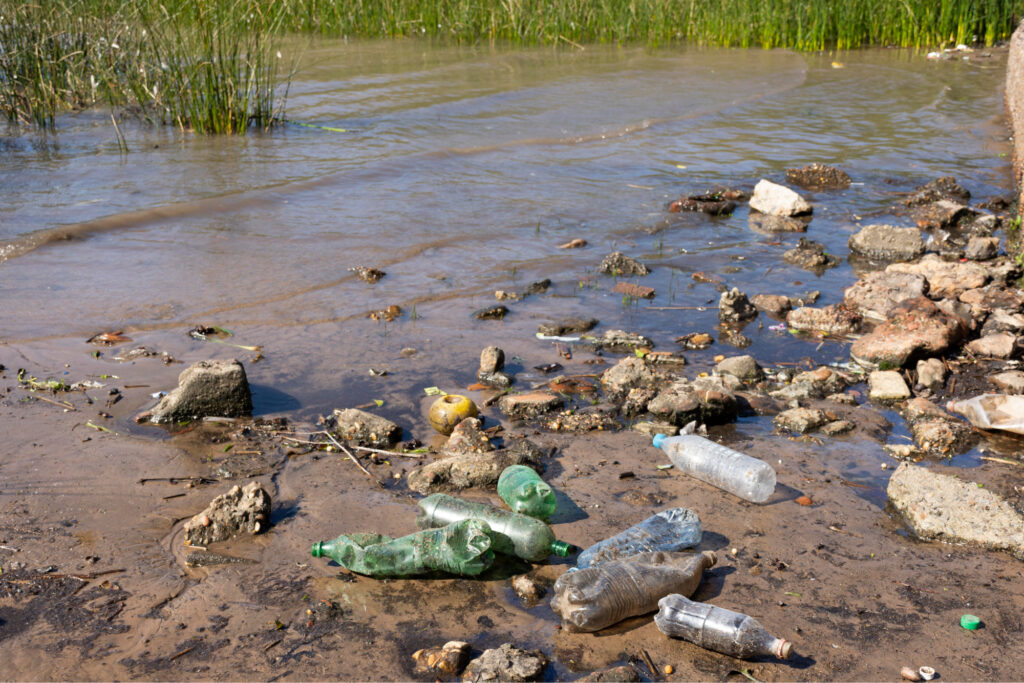The government provides limited oversight of the chemical and energy sector. When companies don’t follow laws or use precautions in handling dangerous chemical or gas products, it often leads to serious harm and injuries to the environment and people. In a city with no zoning restrictions, often times chemical or gas plants share neighborhoods with residential homes.
When an explosion occurs, this can cause severe damages both to your health (due to toxic exposures) and to your property.
In the most recent explosion of Watson Grinding Manufacturing Company, over 450 structures were damaged and many families were displaced. The city recommended temporary evacuations and there were designated shelters for residents affected by this explosion.
Some explosions are more dangerous than others due to emission of toxic chemicals into the air during a fire. A blast can leave lingering effects that can cause Cancer. According to the Occupational Safety and Health Administration (OSHA), butadiene poses a hazard to
humans in two ways. Acute exposures can further be split into low and high doses. Acute low exposures may cause irritation to the eyes, throat, nose, and lungs. Frostbite may also occur with skin exposure. Acute high exposures may cause damage to the central nervous system or cause symptoms such as distorted blurred vision, vertigo, general tiredness, decreased blood pressure, headache, nausea, decreased pulse rate, and fainting. Chronic effects caused by exposure to 1,3-
butadiene are controversial. Several human epidemiological studies have shown an increase in
cardiovascular diseases and cancer.
If you are experiencing any out of ordinary discomfort or pain, please get medical attention. Visit the doctor either at the emergency room or your private physician and mention all your concerns. If you have small children, take them to the emergency room immediately. Some children cannot describe what they are feeling and may be exposed to chemicals in the air.


